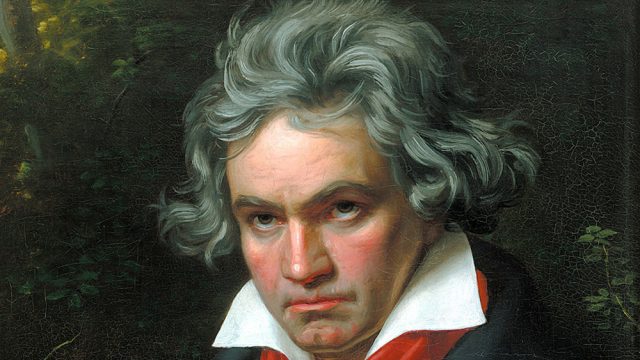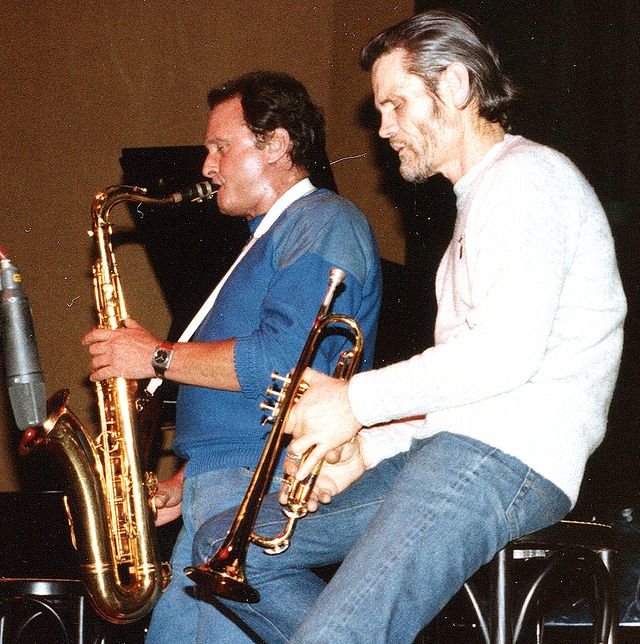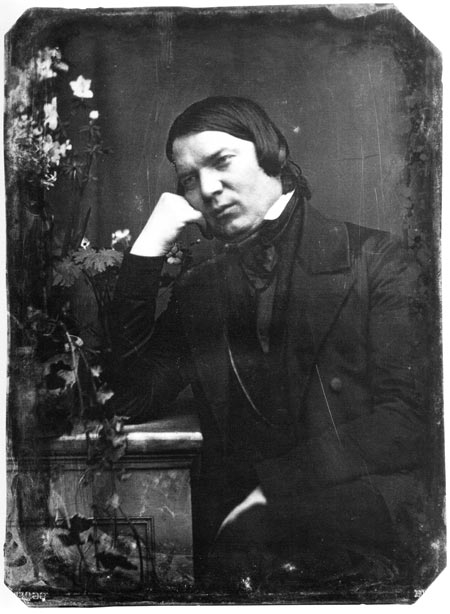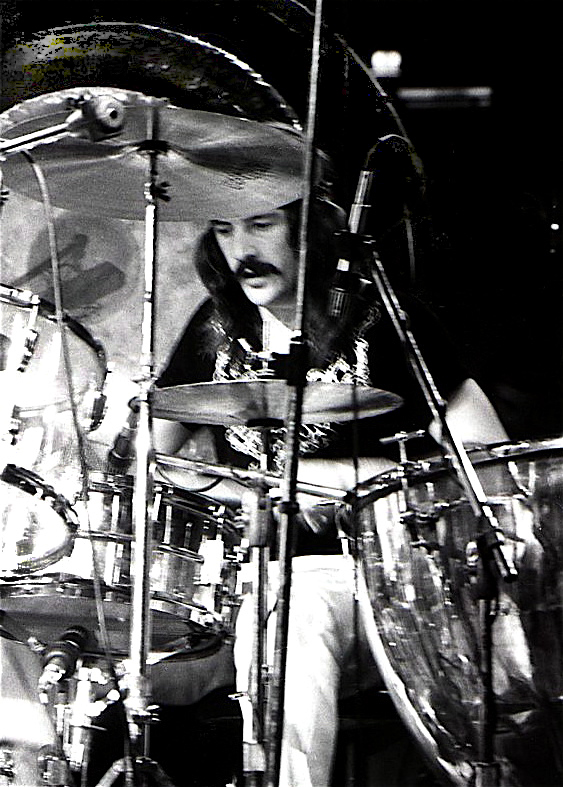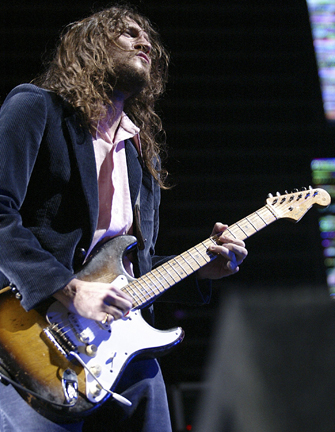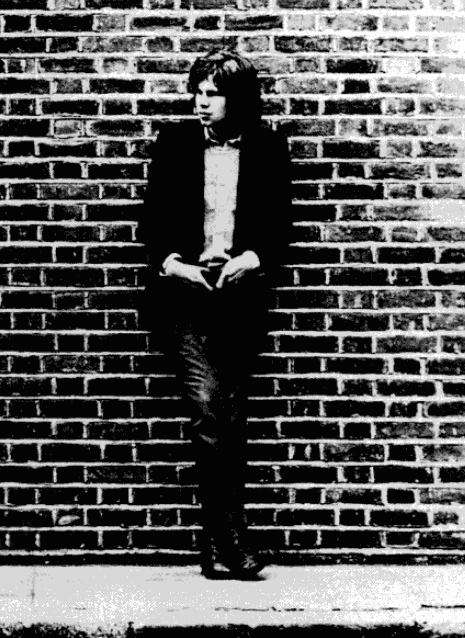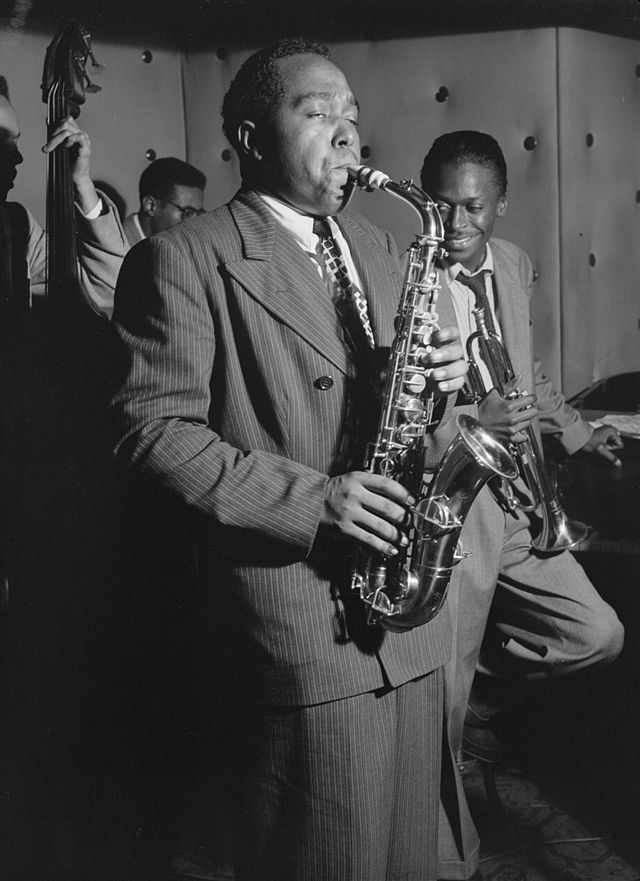Does the mania make the music? It would not be wrong to argue this scientifically. Here are 15 musicians and composers who have changed the course of music history, but who also suffered from the torment of mental illness and substance abuse.
Chet Baker
His recording “My Funny Valentine” was one of the most popular in the 1950s jazz scene, and Baker’s honey voice and sonorous trumpeting is of course legendary. It was his addiction to heroin which defined his life. Pawning off instruments to feed his habit, getting deported from Germany, and experiencing a crash of his music career. He came back in the 1980s, but hadn’t escaped his chemical demons. He tumbled from his hotel balcony in Amsterdam in 1988, a mixture of cocaine and heroin found in his body.
Robert Schumann
The 19th century Romantic composer was a maestro of sadness, both in his musical notes and in the score of his dampened life. It was manic depression of the utmost degree which led him to attempt suicide numerous amounts of time. However, “Schumannologists” link the periods of his mania to the most productive and prolific music of his career. In 1854, Schumann admitted himself to a mental hospital, diagnosed with “psychotic melancholia.” He died two years later.
Whitney Houston
She was certainly the sweet face and voice of the late ’80s, and a sure-fire leading lady in the ’90s. Her voice never faltered, although her personal life and substance abuse became all the rage of the public eye. The marriage to Bobby Brown was revealed as fraught with drama and drug abuse which affected Houston’s career and health. In and out of rehab, despite seeming efforts, her lifestyle caught up to her tragically on February 9, 2012, when she was pronounced dead from atherosclerotic heart disease, brought on by pill consumption and cocaine use.
Daniel Johnston
See the stunning documentary “The Devil and Daniel Johnston” for a rich and harrowing delve into this very bizarre and brilliant musician’s life. Johnston developed a name handing out tape recordings of his albums in Austin, Texas, and became even more known when Kurt Cobain wore a T-shirt with one of Johnston’s album covers illustrated on it. It was severe manic depression and schizophrenia which got Johnston into many unhealthy situations, including a series of mental institutions and a near-fatal plane crash. His music is certainly different and deep.
John Bonham
The Led Zeppelin drummer is still one of the most sure-footed, speed-handed masters of the stick of all time. He was also one of the heaviest drinkers imaginable throughout his entire career. The disease of alcoholism is quite clear as being one which affected Bonham throughout the ’60s and ’70s and on into the night of his death, when he failed to wake up to expel from his body the 40 shots of vodka he’d consumed earlier that day.
John Frusciante
The series of solo albums that Red Hot Chili Peppers guitarist Frusciante released in the mid ’90s are indicative of a soul in a place of fire and torment. Becoming a reclusive heroin addict who could only be happy when high, he was called at one point a “skeleton covered in thin skin.” The road to rehabilitation was paved with blood infections, rotted teeth which needed to be removed, and skin grafts to mend the abscesses on his arm from needles. Today he is clean and sober.
Brian Wilson
Through the 1960s, The Beach Boys were blasting on every radio station in America, thanks to the commandeering singer/songwriter skills of Brian Wilson. However, his own light was compromised when he drew back suddenly, spending all of his time in bed doing drugs, eating, and sleeping. He was diagnosed with schizoaffective disorder of the bipolar type, which meant that he heard voices in his head (among other afflictions). Eventually he pulled himself out and was able to manage his illnesses while still recording.
Sinéad O’Connor
Experiencing mountainous ups and downs in the music industry the past 20 and more years, Irish pop star O’Connor had been diagnosed from extreme bipolar disorder throughout her fame. She attempted suicide on her 33rd birthday; “ (I was) looking at trees, and instead of a beautiful tree I’d see something I could hang myself on” (O’Connor). However, she recently revealed that she was misdiagnosed and wrongly medicated by doctors, her depression she believes coming from a traumatic childhood.
Elliott Smith
Though he’d been an underground recording hit for some time, the world saw the nervous yet brilliant Smith grace the stage of the Academy Awards to perform his nominated song “Miss Misery” in 1998. His sixth studio album “From a Basement on the Hill” was released after his death in 2004. Leading up to it was an everyday cocktail of severe depression, alcoholism, and drug abuse, and on his 34th birthday he was found dead with two stab wounds to his chest. Suicide or foul play, the cause is still open.
Nick Drake
Was there ever a candle snuffed out too quickly as Nick Drake’s? At the age of 26, after a long run of insomnia and severe depression, the British singer/songwriter–still quite unknown at the time–overdosed on prescription antidepressants and died. Said to be seriously down, quite broke, and very removed in his last days, it wasn’t until he started to rise to fame posthumously that everything about Nick Drake came to the public’s awareness.
Ian Curtis
The punk force Joy Division was banded together by Ian Curtis in England in 1976. A brooding, inward fellow, Curtis carried the band to some great success in the United Kingdom. But the clouds darkened, as his epileptic fits and disintegrating marriage got the worst of him. Joy Division was on their way to their first concert in the United States, but Curtis decided to hang himself. He was 24 years old.
Stevie Nicks
The voice which seemed to crawl its way down from heaven in the most rough and brilliant of ways, Fleetwood Mac’s white-winged dove almost didn’t make it past the 1980s. Basically, she inhaled so much cocaine that a hole was blown open in her nose, and a doctor told her that she would die of a brain hemorrhage. After a sojourn at Betty Ford clinic, Nicks emerged sober for life.
Charlie Parker
Jazz is dead without The Bird, and that’s a fact. The man who invented beebop with Dizzy Gillespie also had it rough. Three marriages were cut short by his financial troubles onset by a brutal heroin addiction. Bouts in mental hospitals made him more depressed, and he twice tried to take his own life, once by drinking iodine. When he was arrested for heroin possession, his license to perform in New York clubs was revoked. The music was heavenly, but the substance abuse was the opposite. He died from lobar pneumonia in 1955.
Ludwig van Beethoven
It’s he who stamped the pass card which allowed for those who suffer to create. All of his moods and feelings–and it was a roller coaster for him–are present in his music, which can either be stormy (Fifth Symphony), majestic (Ode to Joy, Ninth Sympthony), or sincerely in love (Für Elise). Besides the alcoholism, the total depression, the lashing out at others, there were the medical conditions, especially deafness, which carried him to his death, but helped create some of the greatest moments in artistic history.
Want to discover the finer side of Africa? Sign up for our weekly newsletter.
